Back to Blog
by Finage at August 13, 2022 • 5 MIN READ
Real-Time Data
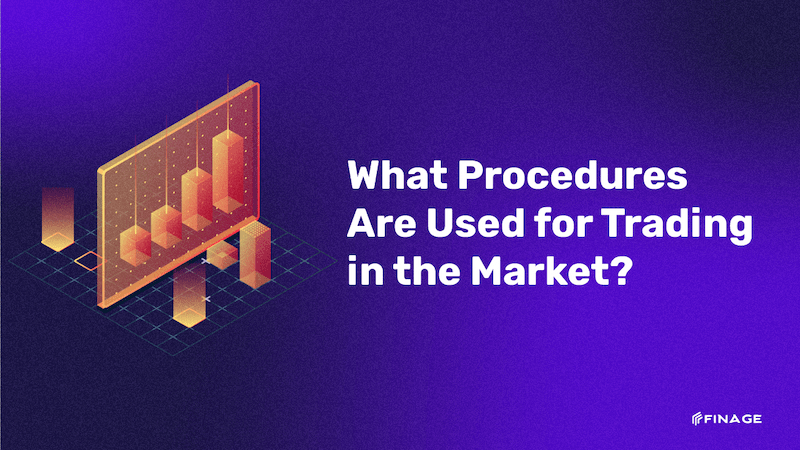
What Procedures Are Used for Trading in the Market?
Today, electronic trading has become a firmly established and mature part of the world's financial markets, accounting for approximately 35% of corporate bond trading as well as the vast majority of exchange trade and all OTC trading.
The London Metal Exchange is the only exchange in the world that still runs an analog "open outcry" trading floor where people attend and yell their orders due to the widespread use of electronic trading.
Despite having roots in the 1960s, electronic trading has only recently become a major player in the over-the-counter (OTC) retail trade.
A number of retail electronic trading brokerages were formed in the middle of the 1990s, primarily in Britain and the United States, and offered Forex, a variety of commodities, and stocks to retail clients using electronic platforms.
When the MetaTrader 4 platform was made available in the middle of the 2000s, this expanded even further, enabling virtually any company in the globe to enter the brokerage market without building its own platform and trading infrastructure. Today, there are more than 1200 active electronic brokerages offering their services to consumers.
How does online trading operate?
Electronic trading is typically made possible in retail applications by a retail brokerage that grants access to a trading platform that is run and maintained by the brokerage itself.
With electronic trading, buyers and sellers can transact from any location by connecting over the internet to a trading platform. They frequently deal with the provider of the electronic trading platform as a counterparty.
The following strategies are available to traders in the electronic trading sector from various brokerages or trading platforms:
1) Over-the-counter trading
2) The Internet of Electronic Communications (ECN)
3-) Third-party market maker
4) A Market That Is Regulated (Exchange).
Over-the-counter (OTC) trades are the most common type of retail trade, and they are carried out through over-the-counter brokerages.
The highest level of market makers in OTC trading are Tier 1 investment banks, who typically have their forex trading desks based in London. This means that Tier 1 investment banks are market makers at the interbank level, creating the actual live market for trading foreign exchange pairs by executing trades between other Tier 1 banks.
The OTC market is created by the trading of foreign exchange pairs between Tier 1 banks, and as a result, the prices are determined by the interbank foreign exchange market.
Liquidity takers having "Prime Brokerage" connections to Tier 1 banks can then combine these prices, from which an average market price can be calculated.
These liquidity providers are known as "prime of prime brokerages" because they obtain prime liquidity from banks and then make it available to retail brokers in the FX market. They receive price feeds from Tier 1 institutions and have a trading agreement with them.
To gain liquidity or to receive a precise market price in real-time for trading, many retail brokerages use prime or prime brokerage accounts.
Many retail brokerages obtain price feeds from prime brokerages because doing so is inexpensive and straightforward. However, in order for a prime of prime brokerage to be able to maintain its liquidity relationship with Tier 1 banks, a significant amount of capital is needed in escrow accounts and ongoing evaluation.
Because of this, non-bank market makers have become increasingly popular to the point that some of them now have a disproportionately large market share for Tier 1 foreign exchange execution compared to banks.
Trades are executed on exchanges by a very small number of retail electronic trading firms or brokerages. The vast majority of retail order flow is carried out on an OTC basis by market makers.
How do traders use brokers?
The majority of retail brokerages execute trades in the retail electronic trading market using one of two main techniques.
1) A brokerage sends trades to a prime of prime brokerages to be carried out in a live market.
2) A retail brokerage uses a price feed to determine the market price before executing trades internally. Alternatively known as market making using a dealing desk or trade warehousing.
In the first case, a trader uses an electronic platform to conduct a deal, after which the brokerage that runs the platform charges the trader a transaction commission to process the trade. The transaction is subsequently forwarded to Prime of Prime Brokerage, which serves as a provider of liquidity and
If the order flow is deemed to be "toxic" or not in their best interest to process at a particular price at a particular time, it is completely feasible that a bank or liquidity provider will either reject a trade or requote it in this case. By entering a quote rather than a firm price into the trading system or execution venue, banks frequently employ the "last look" strategy.
In the second scenario, where trades are carried out internally at a retail brokerage, an internal dealer executes the trades in accordance with the price after receiving a price feed from an accurate source, typically a Tier 1 bank or a prime of prime brokerage.
What takes place after a trade is made?
Post-trade settlement and reporting is a procedure that occurs after a trade has been executed in all facets of the electronic trading industry, whether institutional or retail.
A broker or trading platform is required by the regulatory authority to submit detailed reports relating to how prices have been calculated and how the trade was settled, including whether it was executed in the best interest of the customer. This is known as the settlement stage in the post-trade process, where the buyer receives the purchased securities and the seller receives the corresponding cash for those securities.
These notifications are sent electronically to the appropriate authorities and are often conducted once per day by electronic trading brokerages.
We hope that this blog post will be beneficial for you. We will continue to create useful works in order to get inspired by everyone. We are sure that we will achieve splendid things altogether. Keep on following Finage for the best and more.
You can get your Real-Time and Historical Market Data with Finage free API key.
Build with us today!
Featured Posts
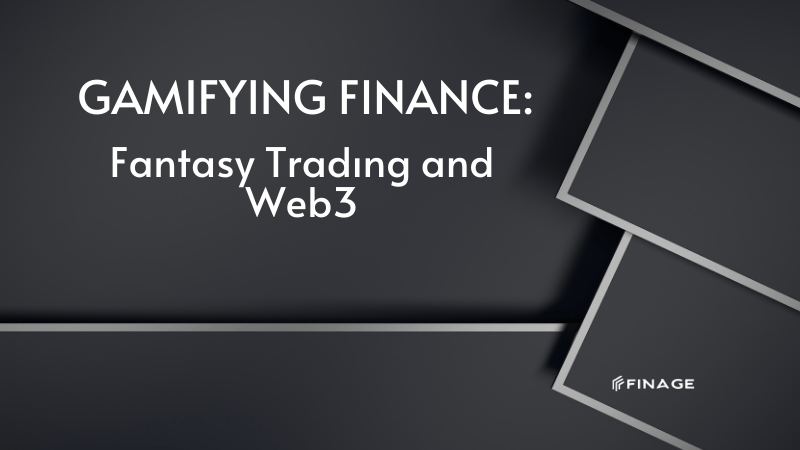
Gamifying Finance: Fantasy Trading and Web3
December 17, 2024
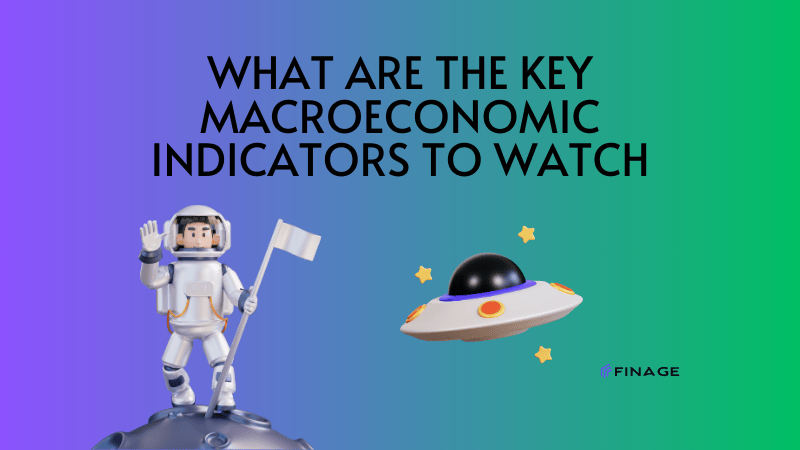
What Are the Key Macroeconomic Indicators to Watch?
December 16, 2024
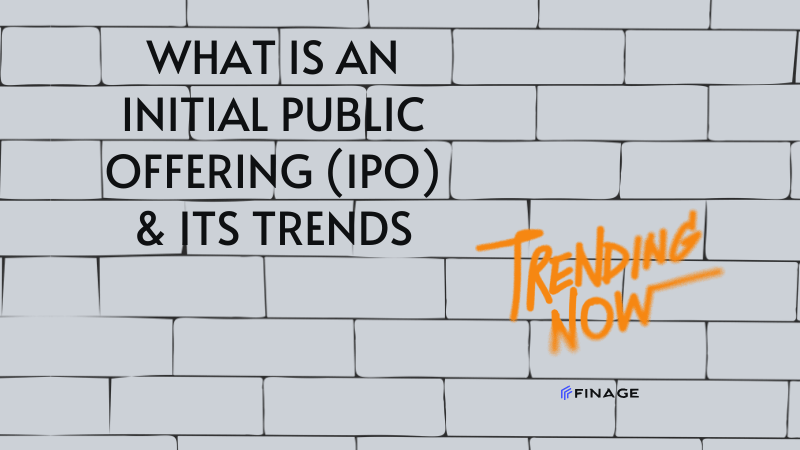
What Is an Initial Public Offering (IPO) & Its Trends?
December 15, 2024
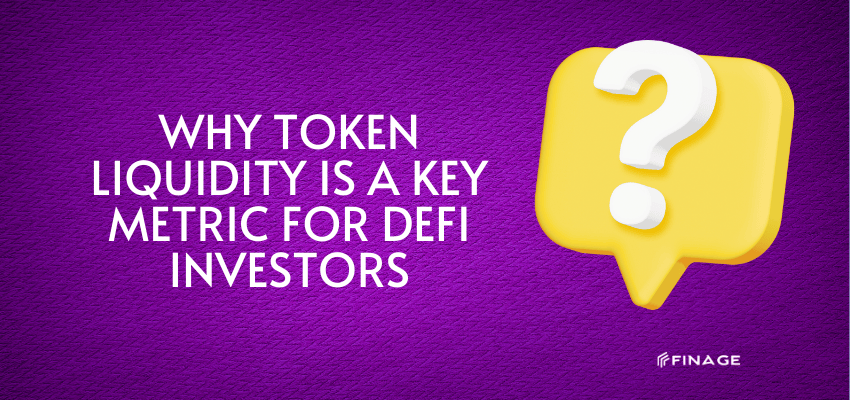
Why Token Liquidity is a Key Metric for DeFi Investors
December 14, 2024
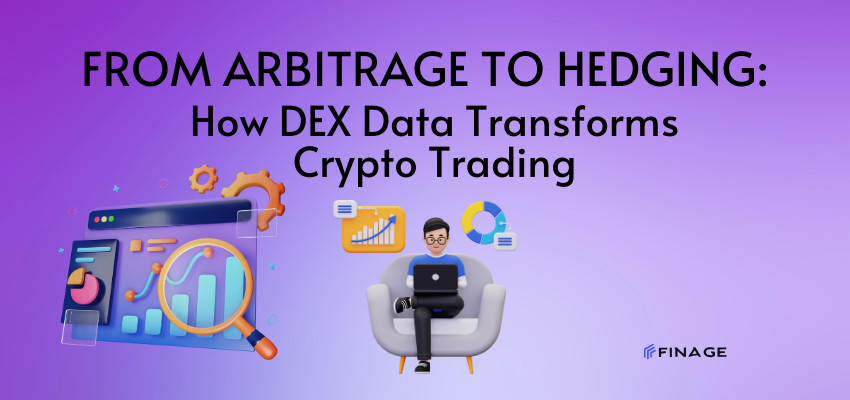
From Arbitrage to Hedging: How DEX Data Transforms Crypto Trading
December 13, 2024
Tags
Financial Market Data Feeds
Historical Market Data Feeds
Real-Time Market Data Feeds
Live Market Data Feeds Streaming
Market Data APIs
Market Data WebSockets
Join Us
You can test all data feeds today!
Start Free Trial

If you need more information about data feeds, feel free to ask our team.
Request Consultation
Back to Blog
Please note that all data provided under Finage and on this website, including the prices displayed on the ticker and charts pages, are not necessarily real-time or accurate. They are strictly intended for informational purposes and should not be relied upon for investing or trading decisions. Redistribution of the information displayed on or provided by Finage is strictly prohibited. Please be aware that the data types offered are not sourced directly or indirectly from any exchanges, but rather from over-the-counter, peer-to-peer, and market makers. Therefore, the prices may not be accurate and could differ from the actual market prices. We want to emphasize that we are not liable for any trading or investing losses that you may incur. By using the data, charts, or any related information, you accept all responsibility for any risks involved. Finage will not accept any liability for losses or damages arising from the use of our data or related services. By accessing our website or using our services, all users/visitors are deemed to have accepted these conditions.